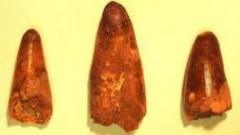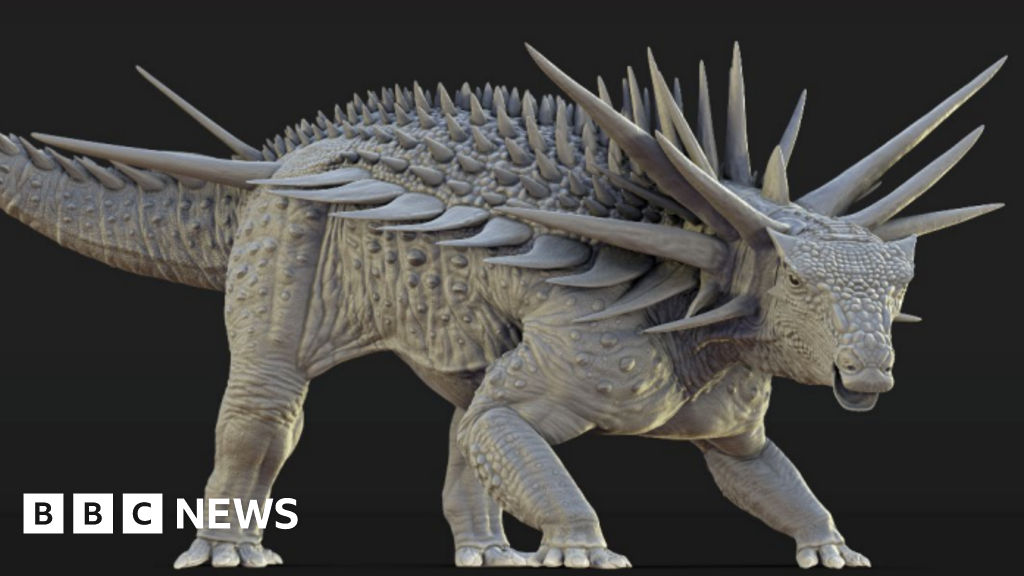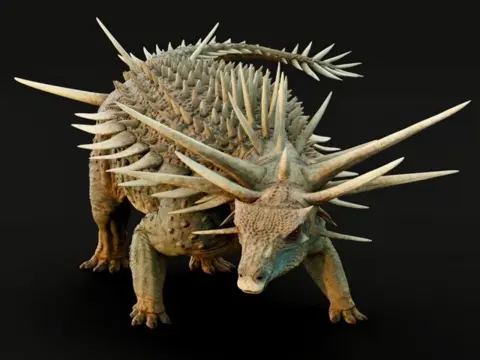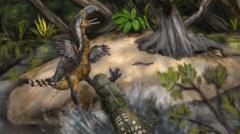During a routine inspection near the Italian border on January 28, French customs officers stumbled upon nine dinosaur teeth packed in two parcels within a Spanish lorry. The discovery marks an important moment in the ongoing dialogue about the legality and ethics surrounding fossil collection and trade.
Upon examination by experts at a local prehistory museum in Menton, it was revealed that three of the teeth belonged to Mosasaurus, a massive aquatic reptile that thrived around 66 million years ago. Notably, one of the identified specimens was a Zarafasaura oceanis, a marine reptile known to measure nearly 3 meters in length, named from discoveries in Morocco in 2011. The remainder of the teeth appeared to belong to a Dyrosaurus phosphaticus, a distant relative of modern crocodiles.
French customs officials routinely stop lorries on the A8 motorway due to concerns over a range of contraband, including illegal drugs. However, the finding of such ancient fossils caught customs officers by surprise. The lorry driver reported that he was en route to deliver the parcels to recipients in the Italian cities of Genoa and Milan. Consequently, French authorities are investigating the intended recipients of these packages.
While fossil collection itself is legal in many regions, the exportation of fossils often requires specific permits and licenses. This incident underscores the importance of understanding the legalities involved in fossil trade, especially in a world where ancient specimens hold significant scientific and cultural value.



















